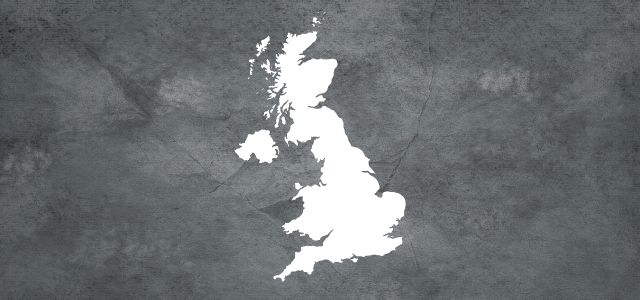In the latest free trade agreement expansion news, the UK has formally signed the treaty to join the Comprehensive and Progressive Agreement for Trans-Pacific Partnership (CPTPP). The CPTPP is a wide-reaching free trade agreement that currently includes Australia, Brunei, Canada, Chile, Japan, Malaysia, Mexico, New Zealand, Peru, Singapore, and Vietnam.
The UK will be the first European member of the CPTPP and the first new member since CPTPP was created in December 2018. Joining the CPTPP is an example of how the UK Government is taking advantage of its independent trade policy post-Brexit.
Whilst the UK Government boasts that UK businesses will be given unparalleled access to a market to over half a billion people (which, including the UK, will have a combined GDP of £12 trillion, i.e., 15% of global GDP), the UK already has free trade agreements (FTAs) with nine of the group’s 11 members. Accordingly, the immediate benefits of memberships seem overstated – in fact, the UK parliament has itself acknowledged that the agreement will have a limited economic impact (with a long-term GDP increase estimated to be approximately 0.06%). At the same time, it is the future growth of the CPTPP that would be of prime interest to UK businesses – with China, Taiwan, and Uruguay already in the process of joining the group.
Being part of CPTPP will mean that 99% of UK goods imported into CPTPP countries will be eligible for zero tariff treatment. Other benefits under the agreement include modern and more flexible rules of origin (the ‘economic nationality’ of goods traded cross-border) which include a concept called diagonal cumulation, under which UK businesses will be able to count inputs from all CPTPP members in the production of their goods toward meeting the rules of origin when importing final products to CPTPP countries. For example, a product being manufactured in the UK, using products from Australia and Canada, could then be exported to Japan tariff-free. Under the agreement, the UK will also enjoy customs and trade facilitation benefits, certainty and transparency for UK service suppliers (including financial services), cooperation around e-commerce, and temporary entry for UK business persons into CPTPP countries.
The UK’s IP regime will not be affected and will instead complement and reinforce new and enhanced bilateral trade agreements that the UK has already signed and is currently negotiating with CPTPP members.
Whilst access to the additional markets is of course welcome, it does not come without reciprocation. With respect to agricultural products, “proportionate” and staged access for CPTPP members has been agreed, with limits placed on products such as beef, pork, and chicken to ensure that producers operating in these markets have sufficient time to adjust to any new trade flows. For those goods not covered by product-specific limits, the agreement contains a general transitional safeguard mechanism that will provide a temporary safety net for the industry if they face serious injury, or threat of serious injury, from increased imports.
Monika Zejden-Erdmann, a Principal Associate in Eversheds Sutherland’s Competition, Trade and Foreign Investment Group, believes that “the UK’s accession to CPTPP shows the country’s continued openness to look for trade partners outside of Europe. However, the UK should proceed with caution – with the limited economic benefit that CPTPP brings to the table at this point in time, the agreement will need to be carefully managed to ensure that the positive impact is not outweighed by risks stemming from potential excessive imports into certain sectors and, particularly in the context of expected China membership in the future (which would present ground-breaking opportunities), by risks resulting from ESG concerns and geopolitical tensions.
The UK Government will now take the necessary steps to bring the agreement into force, which is expected to be next year.

Monika Zejden-Erdmann
Principal Associate, Eversheds Sutherland
You may also like…
Nokia v. Mala Technologies: the UPC interprets its relationship with national courts
Brussels recast The Brussels I Regulation has been in force, under various names, since 1973 and defines general rules...
UK IPO celebrates first filing in new digital service
The UK Intellectual Property Office (IPO) marks a ‘game-changing moment’ as the first patent is filed in the new ‘One...
World’s largest wireless telecommunications operator China Mobile joins Open Invention Network
Chinese companies have become increasingly sophisticated regarding patents. According to the country’s top...
Contact us to write for out Newsletter














